Description
Product Description
Ayurvedic materia medica lists groups of drugs based on their ‘rasa’ or taste. Drugs dominant in ‘Tikta rasa ‘ or bitter taste act upon deranged pitta and ‘digest’ it. This maybe understood as the resolution of inflammatory changes in the gut as well as skin, bones, joints and supporting tissue. Mahathikthakam Kashayam is a balancing combination of ‘Pitta-samana’ drugs in an aqueous base.
‘Kashaya’ or herbal decoctions harness the healing properties of herbs and roots in a mild and easily absorbable water base. The tablet modification of Mahathikthakam Kashayam allows easy transportation and administration, without compromising on its therapeutic benefits.
Features and benefits of Mahathikthakam Kashayam –
- Mahathikthakam Kashayam is a balancing blend of Tikta rasa (bitter taste) and Seeta veerya (cooling nature) drugs that pacifies deranged ‘Pitta dosha’ in the system
- Deranged Pitta dosha vitiates ‘rakta’ (blood), heats up the body, interrupts metabolic pathways and causes up build up of endotoxins (ama), which manifests as chronic skin diseases and inflammatory changes in the gut. The Mahathikthakam Kashayam combination pacifies the excess heat and acidity caused by this deranged pitta in the gut and bowel. It relieves sour belching, acid eructation and indigestion.
- It improves skin health and immunity. Heals chronic lesions, with or without discharge, rashes and urticaria.
- Lifestyle diseases are invariably rooted in inflammation throughout the system. Mahathikthakam Kashayam breaks down inflammatory pathways and restores metabolism.
Dosage & Direction for usage
15-20 ml of Mahathikthakam Kashayam mixed with 45-60 ml of boiled and cooled water, twice daily on empty stomach.
Child: 10-15 ml of Mahathikthakam Kashayam mixed with 30-45 ml of boiled and cooled water, twice daily on empty stomach.
Suitable for all ages.
Key Ingredients:
SAPTHAPARNI(Alstonia scholaris)
It is commonly called the blackboard tree. The bark and latex is mainly used for the medicinal purpose. Saptaparni bark paste is applied locally in chronic skin ulcers. Alstonia also increases digestive power. The ripe fruits of the plant are used in syphilis and epilepsy.
PARPATAKA (Fumaria indica)
It is recommended for treatment of fevers and blood disorders. Parpataka is an effective Ayurvedic herb used in fever, high Pitta conditions such as fever, gastritis, diarrhea, excessive thirst, etc. Its famous herbal remedy – Shadanga Paneeya (a drink made out of six herbs) is used in treating fever and associated thirst.
SHAMBAKA (Cassia fistula)
It is commonly known as a golden shower tree. Consuming fruit pulp paste along with warm water helps to manage constipation due to its laxative property. Applying leaf paste along with honey or cow’s milk helps to get relief from pain and inflammation.
VACHA (Acorus calamus)
Vacha is an ancient herb having various health benefits. The name Vacha in Sanskrit means speaking clearly because this herb stimulates intelligence and expression. In Ayurveda, Vacha is known as a rejuvenating herb because of its effect on the nervous system. It is bitter in taste and is used in the dried form. According to Ayurveda, taking Vacha along with honey daily helps manage speech disorders due to its Vata balancing and Medhya properties.
HARITHAKI (Terminalia chebula)
Indian gooseberry is most commonly used in high cholesterol abnormal levels of cholesterol or blood fats (dyslipidemia), and persistent heartburn It is also used for diarrhea, nausea, and cancer, but there is no good scientific evidence to support these uses.
VIBITHAKI (Terminalia bellerica)
One among the Triphala, Baheda is beneficial in relieving cough and cold symptoms due to its antimicrobial and anti-allergic properties. Taking baheda powder along with honey helps relieve cough as it improves immune health. Bahedachurna is an effective home remedy to improve digestion. Baheda powder helps in weight loss as it improves metabolism and reduces ‘Ama’ by increasing the digestive fire.
AMALAKI (Embelica Officinalis)
Amalaki is commonly used to promote longevity in Ayurveda. It is also used by Ayurvedic practitioners to improve the health of the blood, bones, digestive system, liver, and skin. It is common in the kitchen as side dishes (pickles, salted).
PATHA (Cyclea peltate)
It is widely used in bone fracture and wound healing. It is also used in the treatment of fever and act as a breast milk purifier. Commonly known as Indian moonseed, it enhances immunity and prevents inflammation of the respiratory passages due to its immunomodulatory and anti-inflammatory properties. It is used in conditions including infertility, wound, hypertension, and skin diseases.
HARIDRA (Curcuma longa)
It is commonly known as turmeric and easily found in the kitchen. It possesses anti-inflammatory, anti-allergic, antioxidant properties. The drug is commonly used in insect bites, indigestion, anorectal conditions like hemorrhoids, etc. Turmeric powder mixed in water and taken in the early morning eliminates the toxins from the body.
DARUHARIDRA (Berberis aristata)
Daruharidra is mainly beneficial for skin problems like inflammation and psoriasis as it has anti-inflammatory and anti-psoriatic activity. It helps in managing acne by preventing the growth of acne-causing bacteria and reducing inflammation due to its antibacterial and anti-inflammatory properties.
PIPPALI (Pipper longum)
Pippali is an effective home remedy in managing cough and cold. Swallowing Pippali powder along with honey after lunch and dinner help releases mucus from the air passages due to its expectorant property, thus allowing the patient to breathe easily. Its consumption might also help promote weight loss by improving the body’s metabolism. Consuming Pippali powder might be useful in managing constipation by promoting bowel movements due to its laxative property.
VASA (Adathoda vasica)
Vasa powder along with honey is considered to be beneficial in cases of respiratory infections such as whooping cough, bronchitis, asthma as it helps promote the secretion of sputum from the air passages due to its expectorant property. Vasa might also help manage the symptoms of arthritis due to its antioxidant and anti-inflammatory properties. It reduces joint pain and swelling associated with arthritis and gout. It also reduces cramps due to its antispasmodic property.
MUSTHA (Cyperus rotundus)
Mustha helps improve digestion due to its Deepana and Pachana properties if taken in the recommended dosage. Mustha oil is an effective home remedy for managing stomach disorders due to its antispasmodic and carminative properties.
Specialty:
100 % Natural. Purely herbal. Vegetarian.


 Sign In
Sign In Cart
Cart 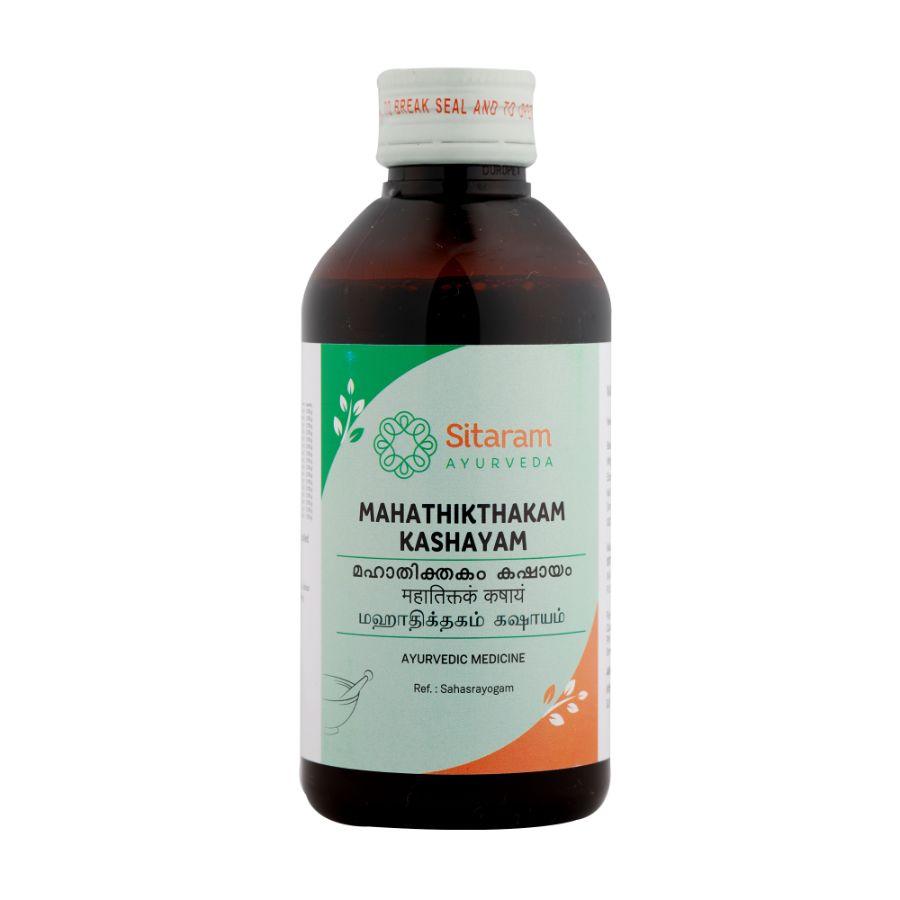
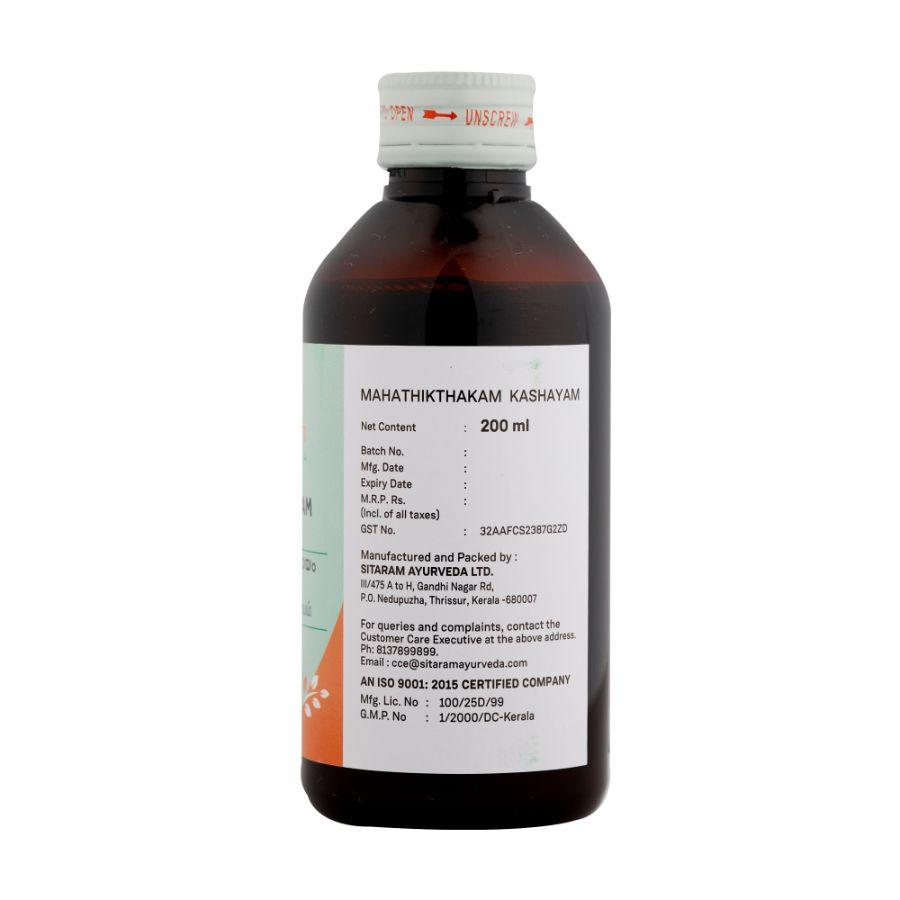
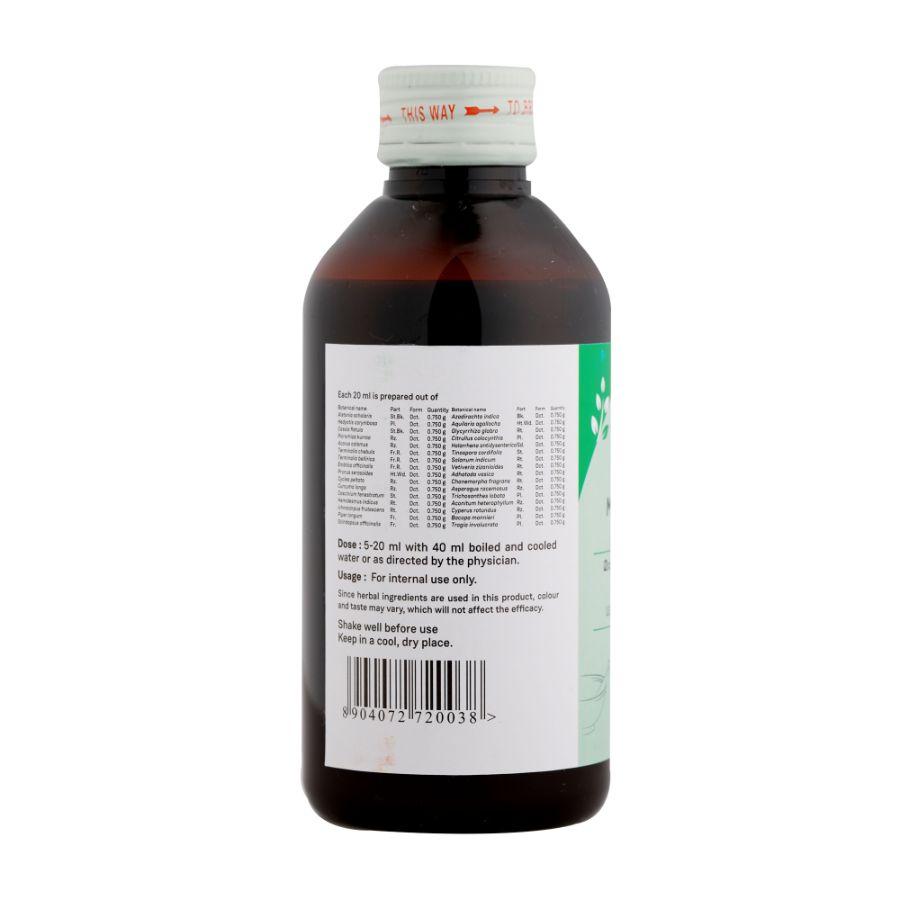
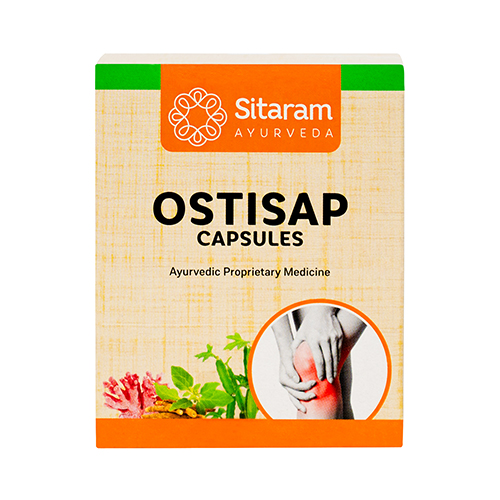
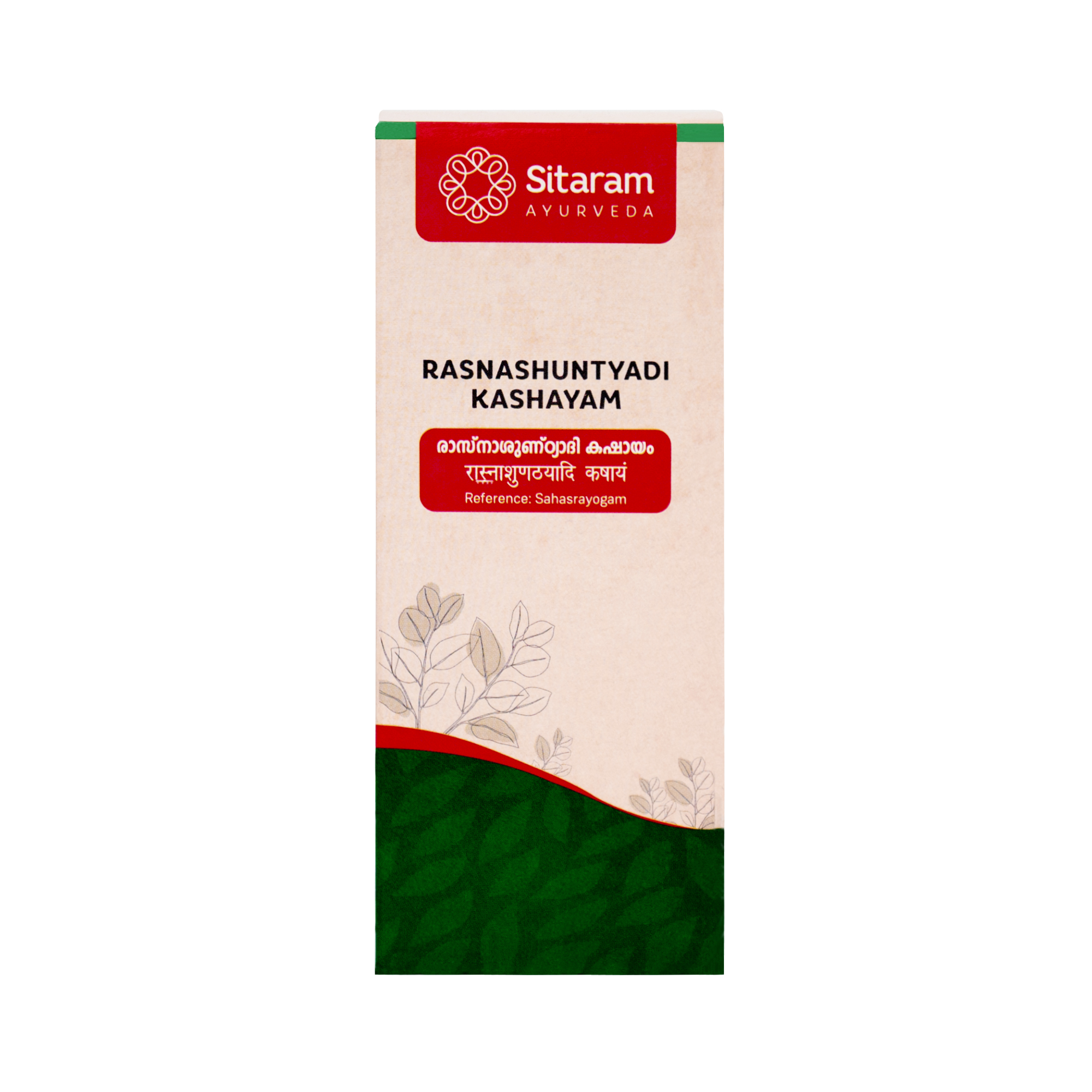
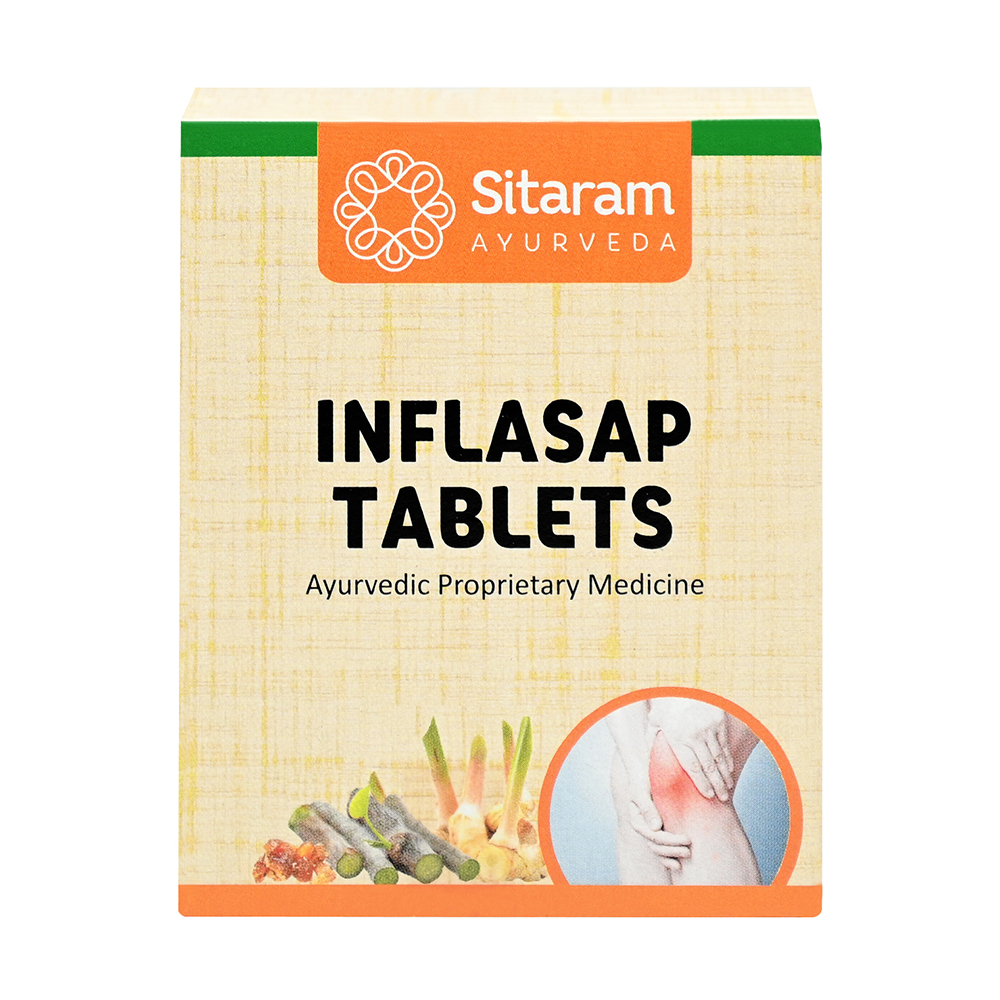
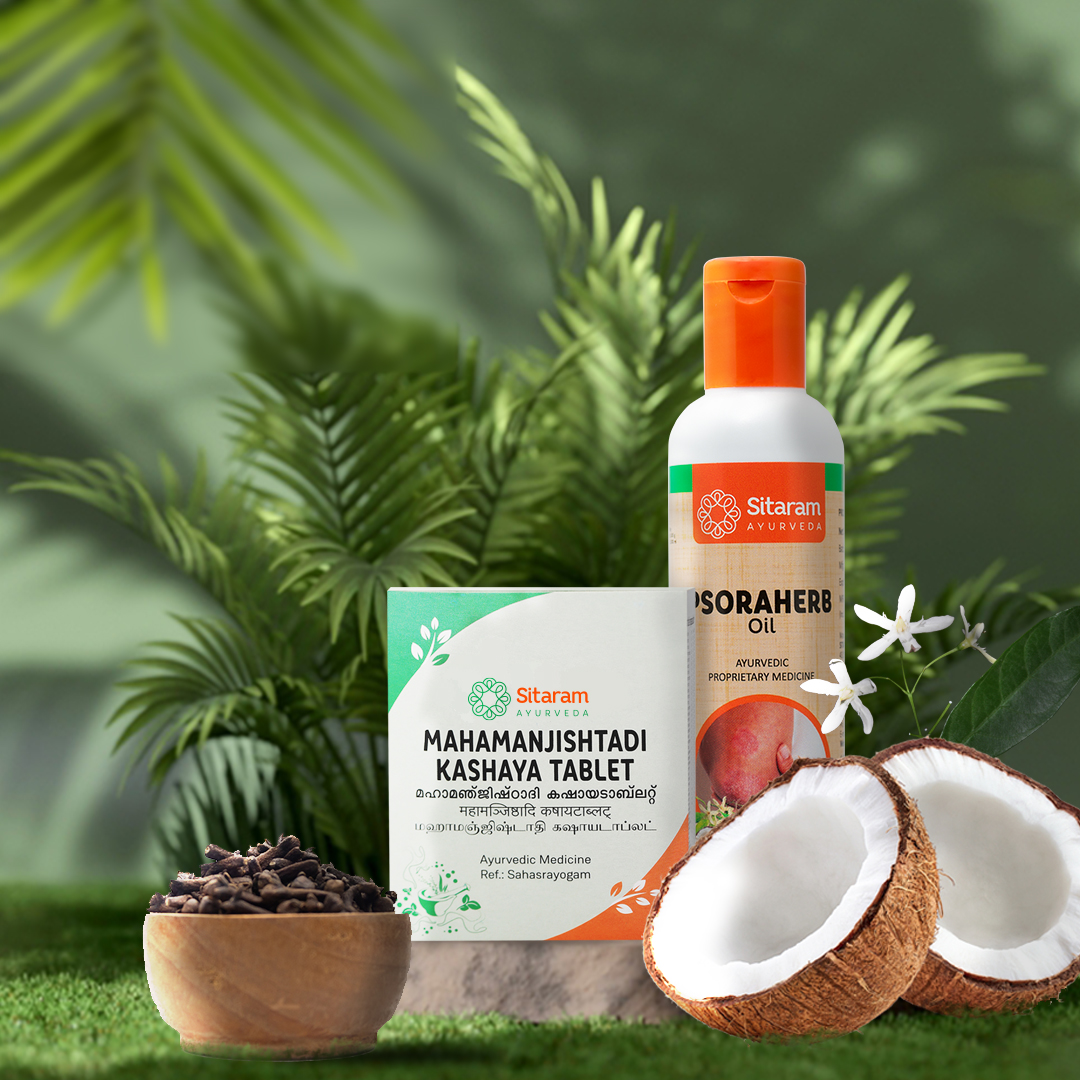
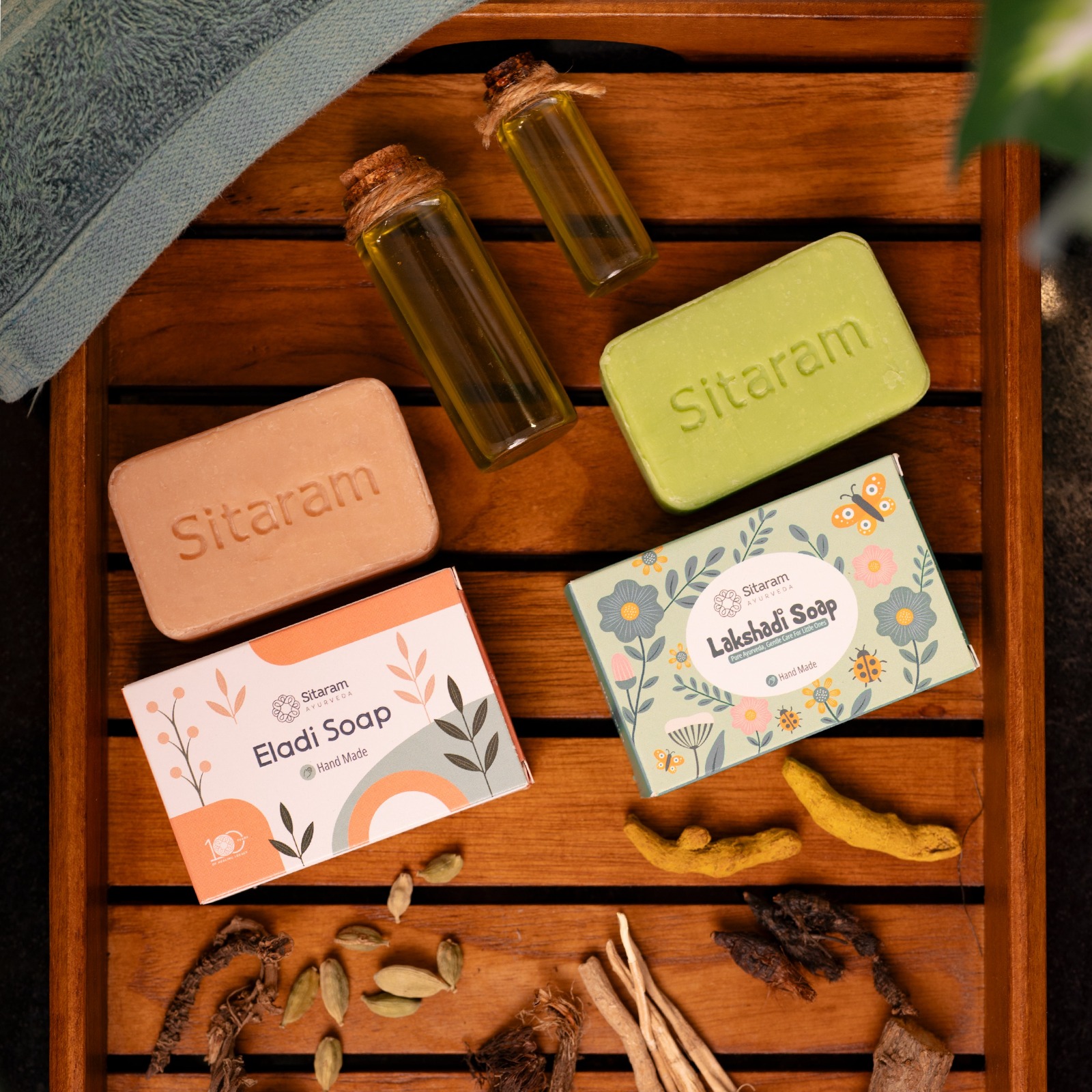
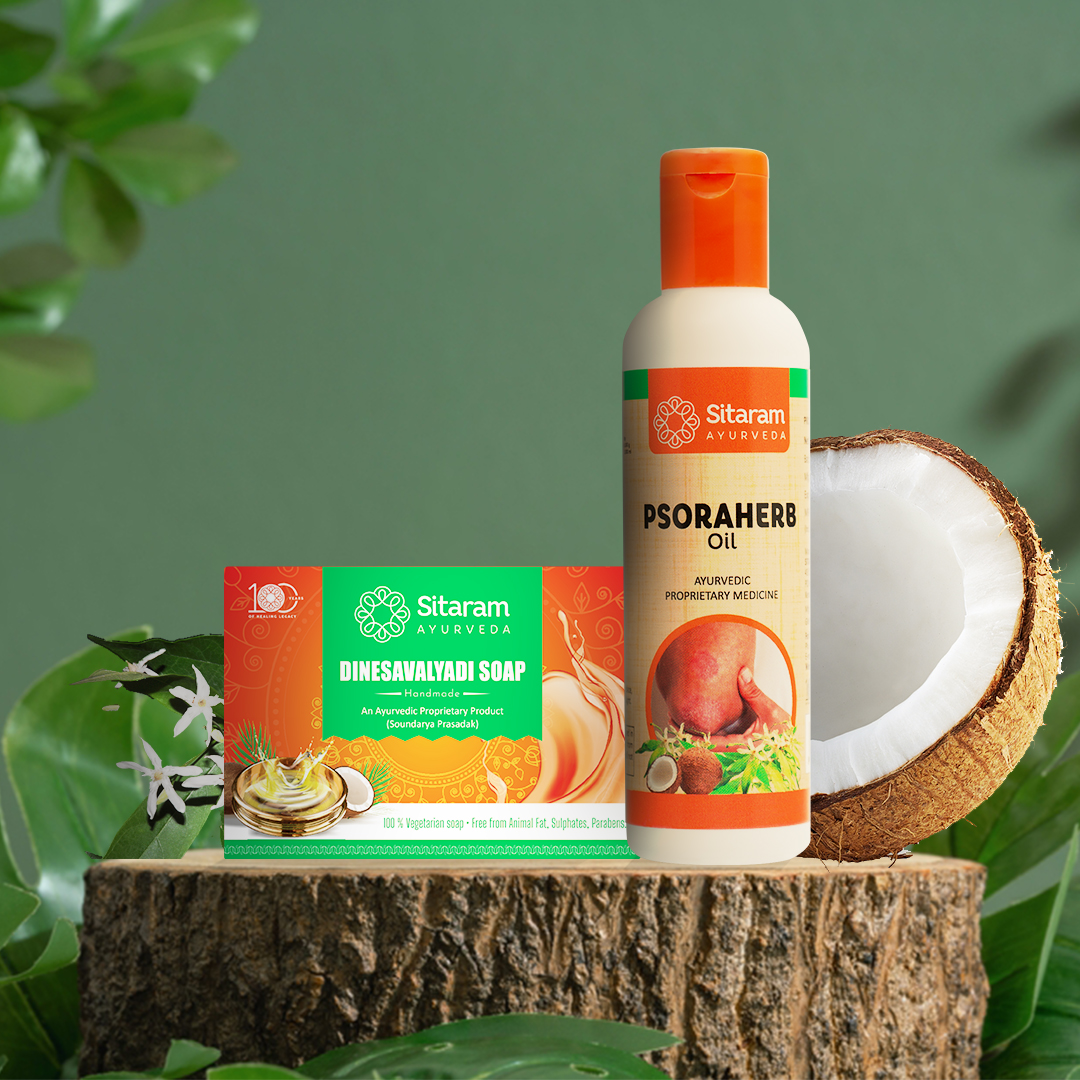
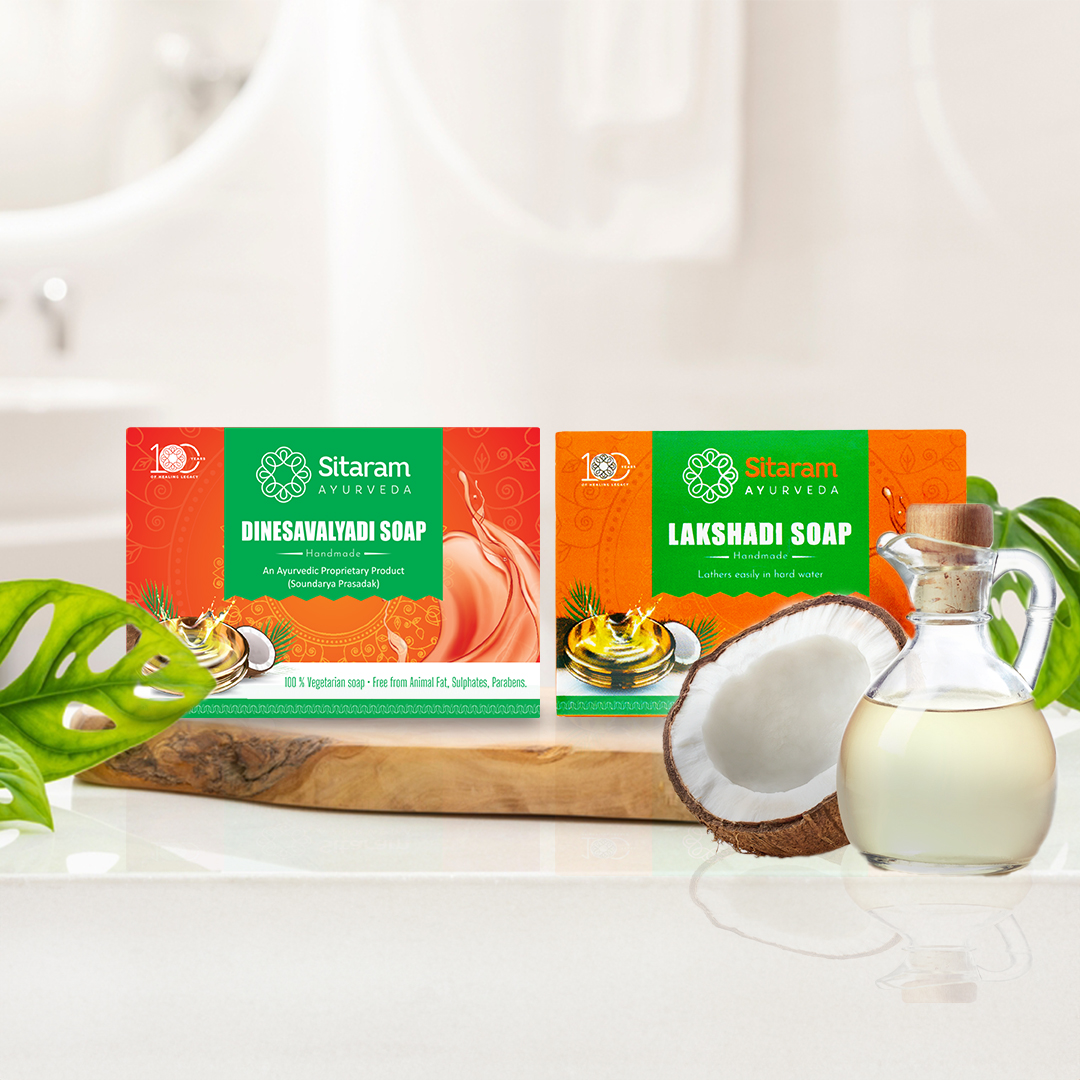
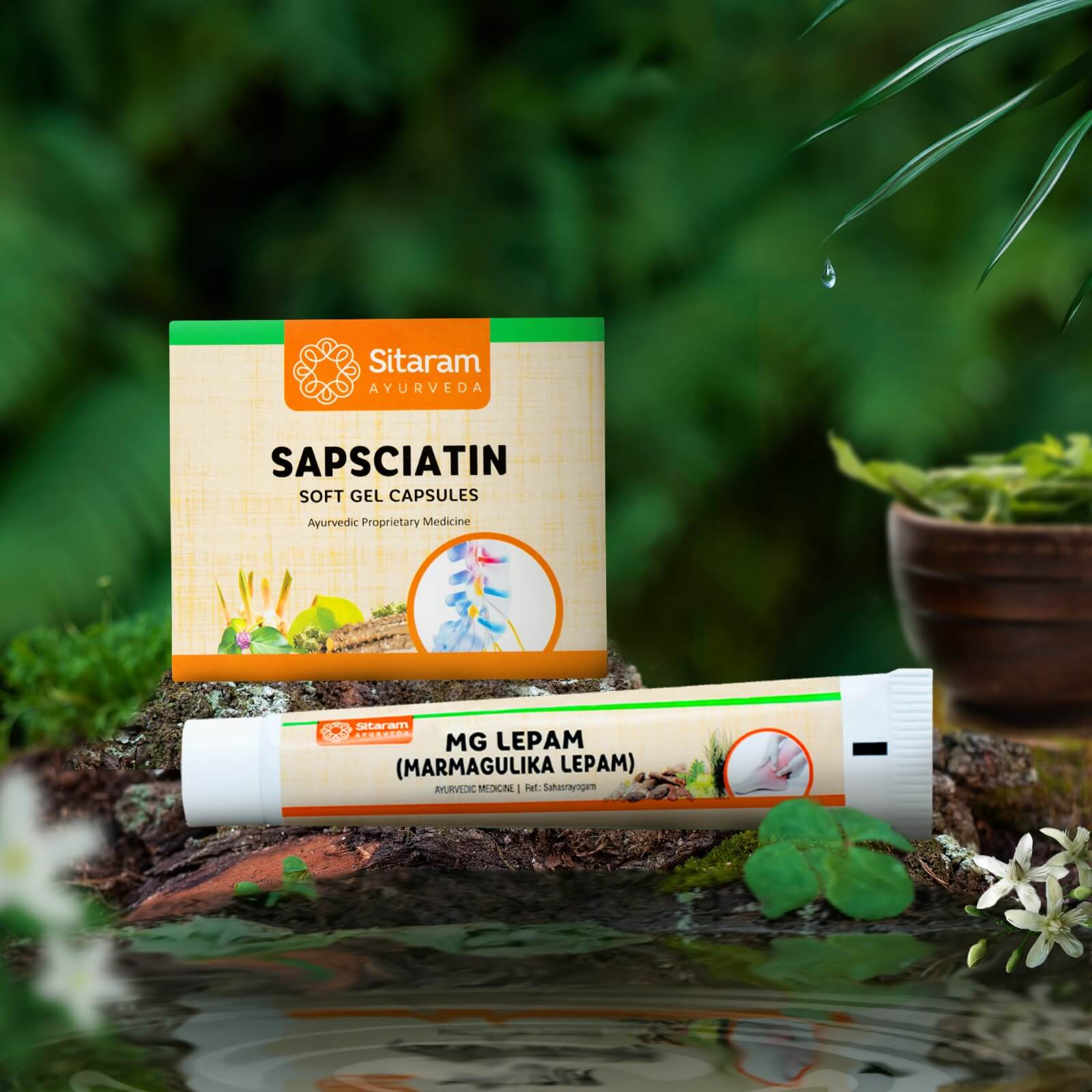
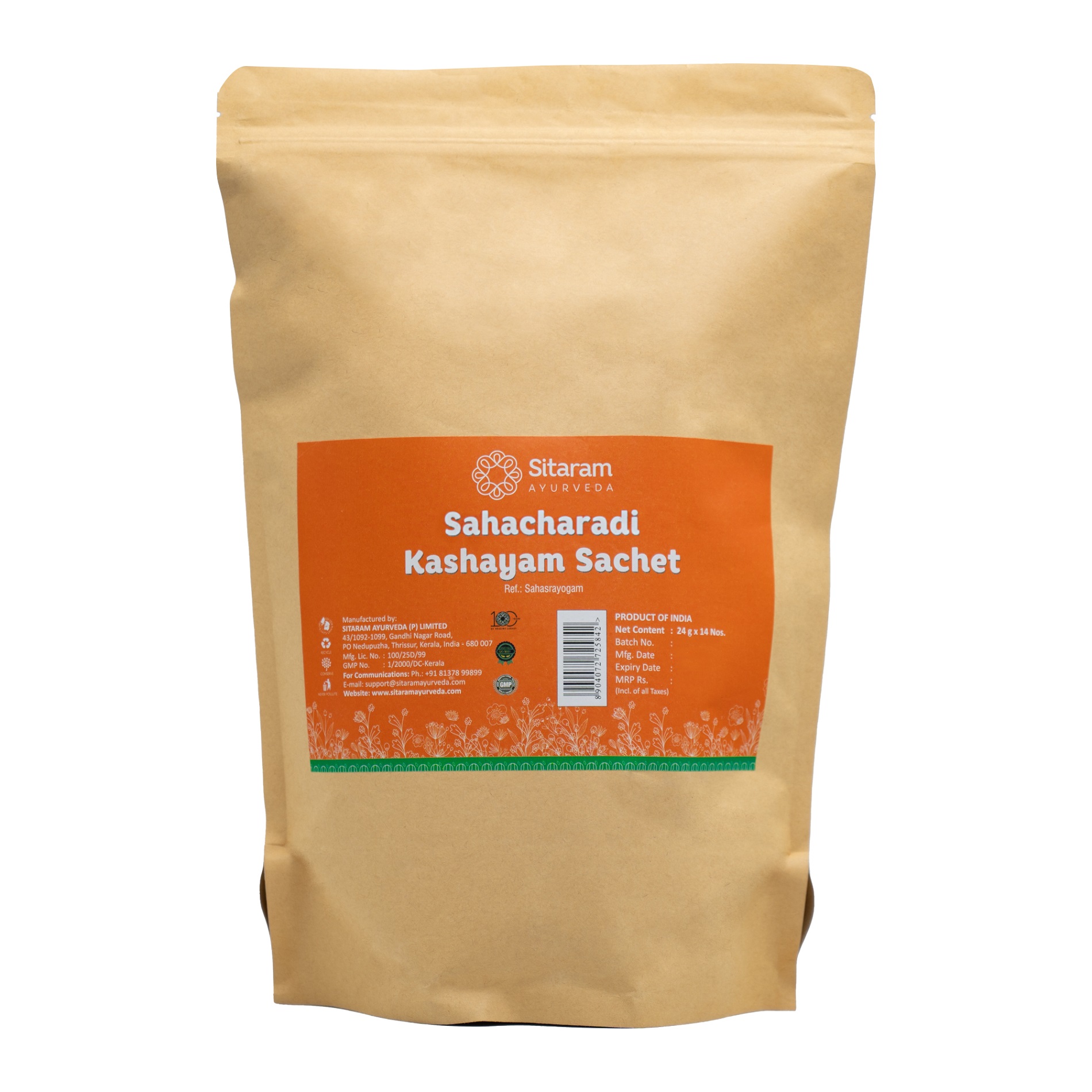
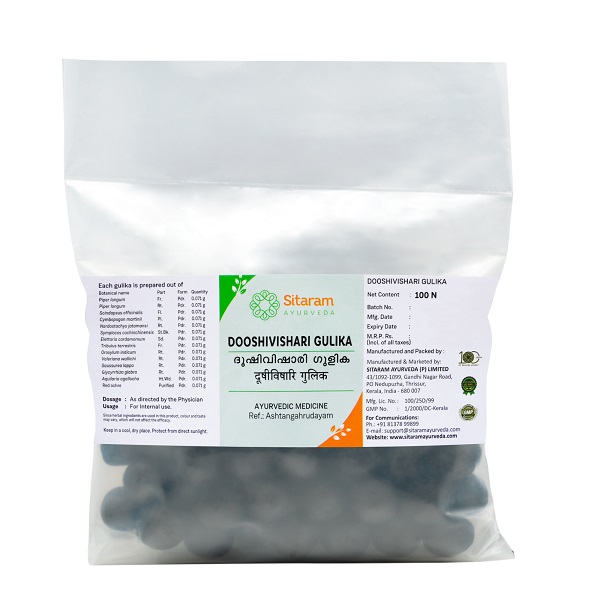
Reviews
There are no reviews yet.